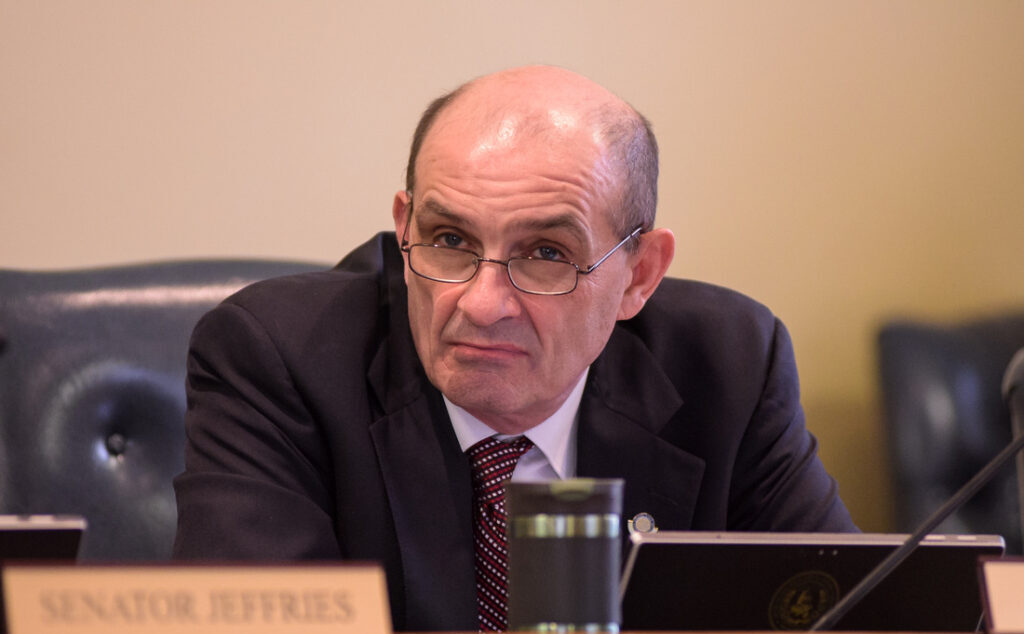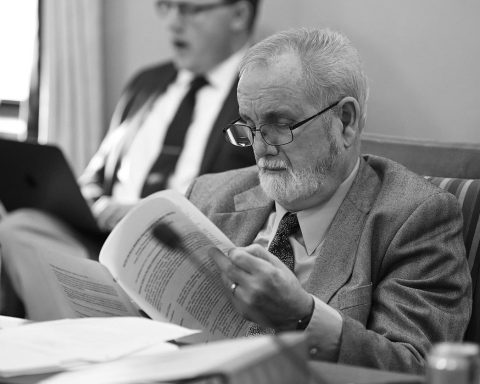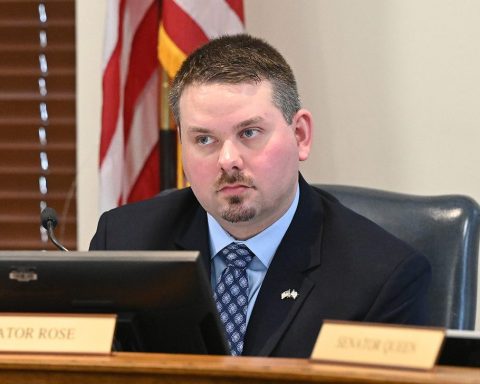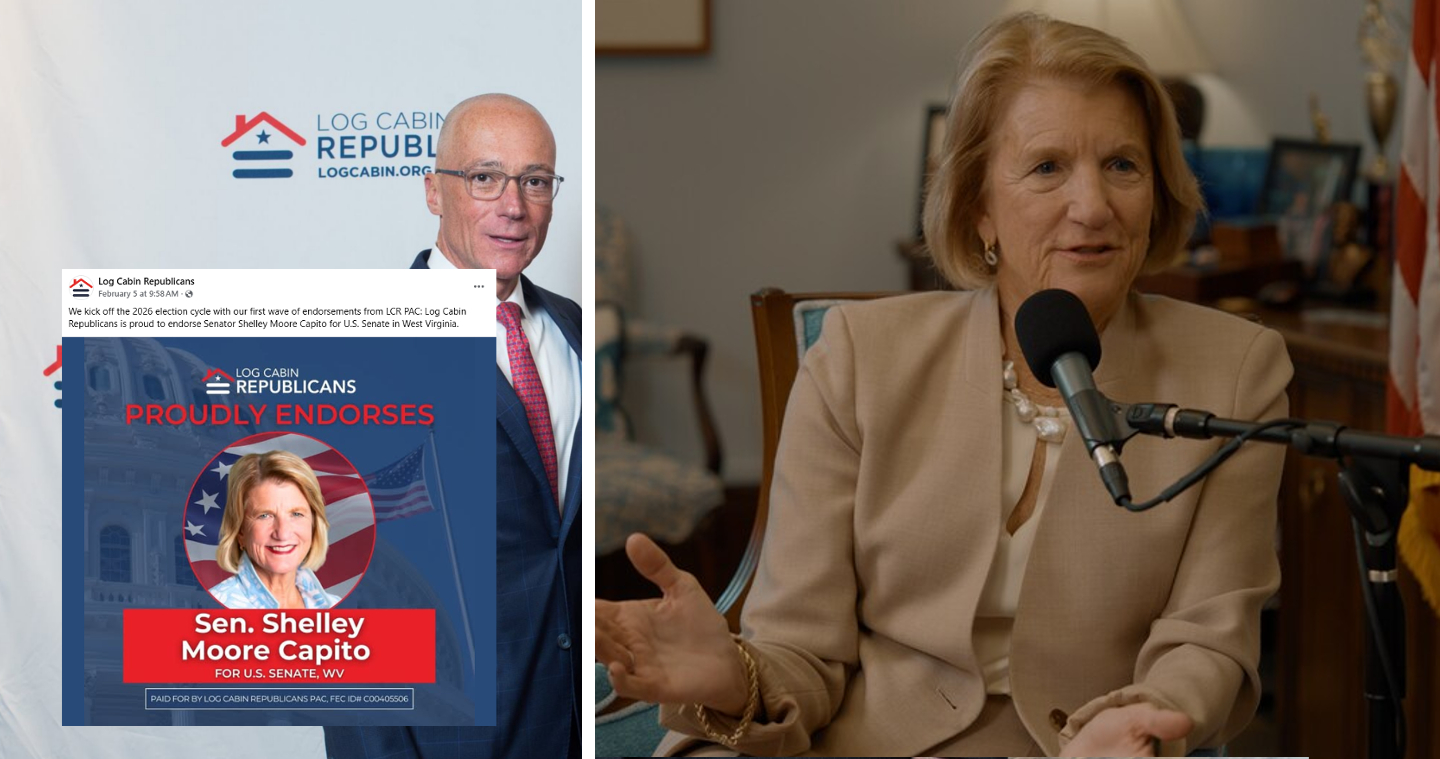CHARLESTON — As West Virginia’s political landscape experiences a seismic shift, the upcoming legislative session, set to run from February 12 to April 12, looms large over the state capital. With newly elected Governor Patrick Morrisey taking the helm, a reconfigured leadership team in the legislature, and a fresh wave of Republican dominance, state lawmakers are gearing up for what promises to be a consequential and historic session.
Gov. Jim Justice, who recently won a seat in the U.S. Senate, will officially pass the torch to Morrisey, the former state attorney general. Justice’s victory replacing retiring Sen. Joe Manchin marked the culmination of a bruising campaign against the Democratic Party. Manchin’s successor leaves an indelible mark on the state’s political narrative. Meanwhile, longtime House Speaker Roger Hanshaw is set to continue leading the House of Delegates, joined by Randy Smith, the newly elected State Senate President, who replaces outgoing senator Craig Blair.
Preparations for the session are in full swing as state senators and delegates convene to discuss priorities ranging from economic development to education reform. The state’s Republican supermajority is expected to push forward an ambitious agenda, with tax reform, energy policy, and workforce development likely topping the list.
Behind the scenes, lawmakers are holding strategy sessions, drafting bills, and meeting with the new leadership team.
The West Virginia Legislature, established in 1863 when the state seceded from Confederate Virginia, has a long and storied history. Known for its citizen-legislature model, it has often reflected the rugged independence of its constituents. Over the years, the legislature has evolved from a Democratic stronghold to a Republican bastion, mirroring broader shifts in the state’s political identity.
The 60-day legislative session, prescribed by the state constitution, has long been a crucible for major policy debates. This year’s session, however, arrives with heightened stakes. With a new governor at the helm and a legislative leadership team largely aligned with his vision, observers anticipate a fast-paced agenda that could redefine the state’s trajectory.
Despite the optimism, significant challenges remain. West Virginia continues to grapple with an aging population, a stubborn opioid epidemic, and economic disparities between urban and rural areas. Democratic lawmakers, though in the minority, are expected to push back on proposals they see as too aggressive or partisan.
As the clock ticks toward February 12, the atmosphere in Charleston is one of anticipation and resolve. Legislators, buoyed by the state’s evolving political dynamics, are preparing for what many hope will be a productive and transformative session.
For West Virginia, the stakes are clear: the decisions made in the next 60 days could shape the state’s future for generations to come. As the legislative session approaches, lawmakers in both chambers are focused on aligning their efforts to address the pressing issues that have long plagued the state. With a strong Republican majority, there is a clear push to advance policies that reflect the party’s broader national agenda, while still addressing West Virginia-specific concerns. Efforts to overhaul the state’s tax code, improve infrastructure, and continue the state’s energy initiatives are expected to dominate discussions. Lawmakers are working on fine-tuning bills that could impact everything from personal income tax rates to corporate tax incentives, with the aim of attracting new businesses and revitalizing the state’s struggling industries.
Education reform will likely remain a contentious issue. Despite the state’s underperformance in national rankings, the question of how to best improve K-12 education has yet to reach a consensus. While Republicans have advocated for school choice and charter school expansion, Democrats continue to push for increased funding for public schools, particularly in rural and economically disadvantaged areas. Education experts believe that the way the state addresses its education system in the coming months will set the tone for future legislative sessions and may influence the state’s political landscape for years to come.
The opioid crisis will continue to demand attention as West Virginia has one of the highest rates of overdose deaths in the country. Legislative leaders are expected to revisit the issue, though there are differing opinions on the best course of action. Some lawmakers are advocating for expanded treatment options, while others focus on holding pharmaceutical companies accountable. The complexity of the crisis and the personal toll it takes on families throughout the state mean that any measures proposed will need to balance aggressive legal action with compassionate solutions.
Amidst these policy debates, West Virginia faces the task of bridging divides, both between political parties and within communities. The new leadership brings a unified Republican front, but the growing divide between urban and rural populations will remain a challenge. The legislature will need to craft policies that resonate across geographic and ideological lines, all while keeping in mind the long-term welfare of a state that has seen its share of economic and social hardships. As the session unfolds, the eyes of the nation will be on West Virginia, watching to see how its lawmakers balance progress with the realities of a state that is still recovering from its industrial past.












